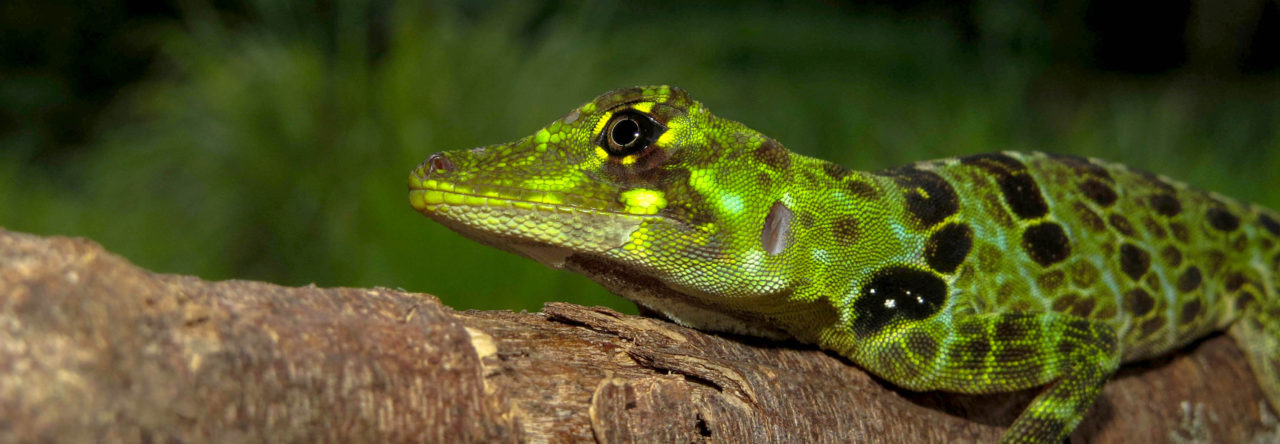If you’ve read papers published over the last few years on Anolis diversification, you’ve likely noticed a common pattern: the papers present sophisticated analyses of macroevolutionary patterns that were conducted in R (for instance: 1, 2, and see this teaser for the promise of R with GIS data). If you’ve contemplated how to introduce yourself to R and get over the initial hurdles of writing code for your own research, opportunity is-a-knock’n.

Co-organizer Luke Harmon invites you to apply to the 2012 Workshop on Comparative Methods in R today!
Over the last few years, Michael Alfaro and Luke Harmon have organized a wonderful workshop on macroevolutionary methods in the R programming language for statistical computing. They’ve just released the application for this year’s course. I had the privilege of attending last year and found it to be an enriching experience on several fronts.
First of all, the course is a great introduction to R. You’ll learn basic syntax, structure, and key tricks. When I went, I had already invested hundreds of hours with R, but I learned things that I had never picked up that have since saved me a lot of headaches!
The instructors also do a fantastic job explaining key themes, analyses, and model assumptions. This should be obvious as they are collectively the finest group of researchers in these methods ever assembled under the same roof.
Finally, it’s just fun. The workshop employs a variety of learning strategies – lectures, hands on exercises, and independent group projects. It’s a wonderful experience to have so many talented and passionate researchers gathered together for mutual advancement.
To apply to the workshop, head over to the application link on Michael Alfaro’s lab website. But hurry! The application deadline is April 30th. The actually program announcement follows below.
***
The 2012 workshop on Macroevolutionary Methods in R will be held June 11th to June 15th in Santa Barbara. Complete the registration form below to apply.
We are pleased to announce an intensive short course on using R to perform comparative methods to be held in Santa Barbara on June 11th to June 15th. This course is funded by the National Science Foundation, and a number of stipends to cover or defray travel, room, and board are available to qualified students and post-docs. Topics covered will include an introduction to the R programming language, tree manipulation, independent contrasts and phylogenetic generalized least squares, ancestral state reconstruction, models of character evolution, diversification analyses, and community phylogenetic analysis. If you are interested please submit your CV along with a short (maximum 1 page) description of your research interests, background, and reasons for taking the course. Admission is competitive, and the best applications come from students with data sets to analyze. International applicants are welcome.
Individuals from cultural, racial, linguistic, geographic and socioeconomic backgrounds that are currently underrepresented in science are especially encouraged to apply.
Please contact the co-organizers, Michael Alfaro (michaelalfaro@ucla.edu) and Luke Harmon (lukeh@uidaho.edu) with any questions.
Application deadline: April 30th.
http://pandorasboxfish.squarespace.com/r-methods-in-macroevolution-wo/
- How Likely Are The Dates From Nicholson et al.? - October 5, 2012
- Macroevolutionary methods in R workshop in Santa Barbara, CA June 11-15, 2012 - April 19, 2012
- Anolis hendersoni in the Dominican Republic - December 15, 2011


Leave a Reply